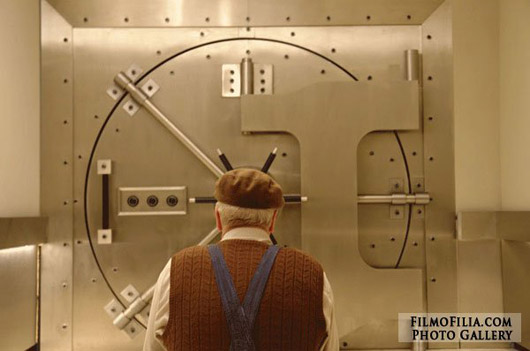Oscars didn’t exactly precipitated on Paramount this year, but the company’s bottom line shine a double gold – one that reducing losses and also raising the prospect of significant increases.
The attention has been concentrated on Paramount six years ago when the studio had weak profits and a thin schedule. Executive Brad Grey was being beaten by bloggers that must soon fade away. Last year, however, box office reached to $416 million based on a blend of low-budget movies like Paranormal Activity 2 and big-bucks deals like How to Train Your Dragon and Iron Man 2.And when rivals were faced failing to recoup its budgets like How Do You Know and Gulliver’s Travels, Paramount released a $38 million sleeper hit, True Grit, and a $25 million, The Fighter, and even obtains unexpected success with Justin Bieber’s Never Say Never.
Most of the Paramount frontrunners were co-productions and co-financing deals (“The Fighter” with Relativity, e.g.). But Paramount is now able to develop fully independent its future products and seems secured the benefits from upcoming franchises like Mission: Impossible and a third Transformers, to say nothing of Super 8 from J.J. Abrams/Steven Spielberg and Par‘s animation journey with Rango.
Yes, they made mistakes but not with tentpole movies. Morning Glory was a false step produced by Abrams. On the contrary, Shrek Forever After from DreamWorks Animation turned down $743 million worldwide and “Iron Man 2” from Marvel knocked down $623 million. As well, the deal with DreamWorks Animation seems to be working together, although singular outbreaks and has two more years left.
Altogether, the Paramount’s success story is at a tense time when Wall Street’s analysts still worry that the total volume of business sales is not adequate to support either the size of the majors or the level of the production — movie ticket sales failed 7% last year, while DVD volume is down 42% since the 2006 max.
Hollywood shows that it still knew how to party. Now it’s time to deal with the fiscal hangovers.






